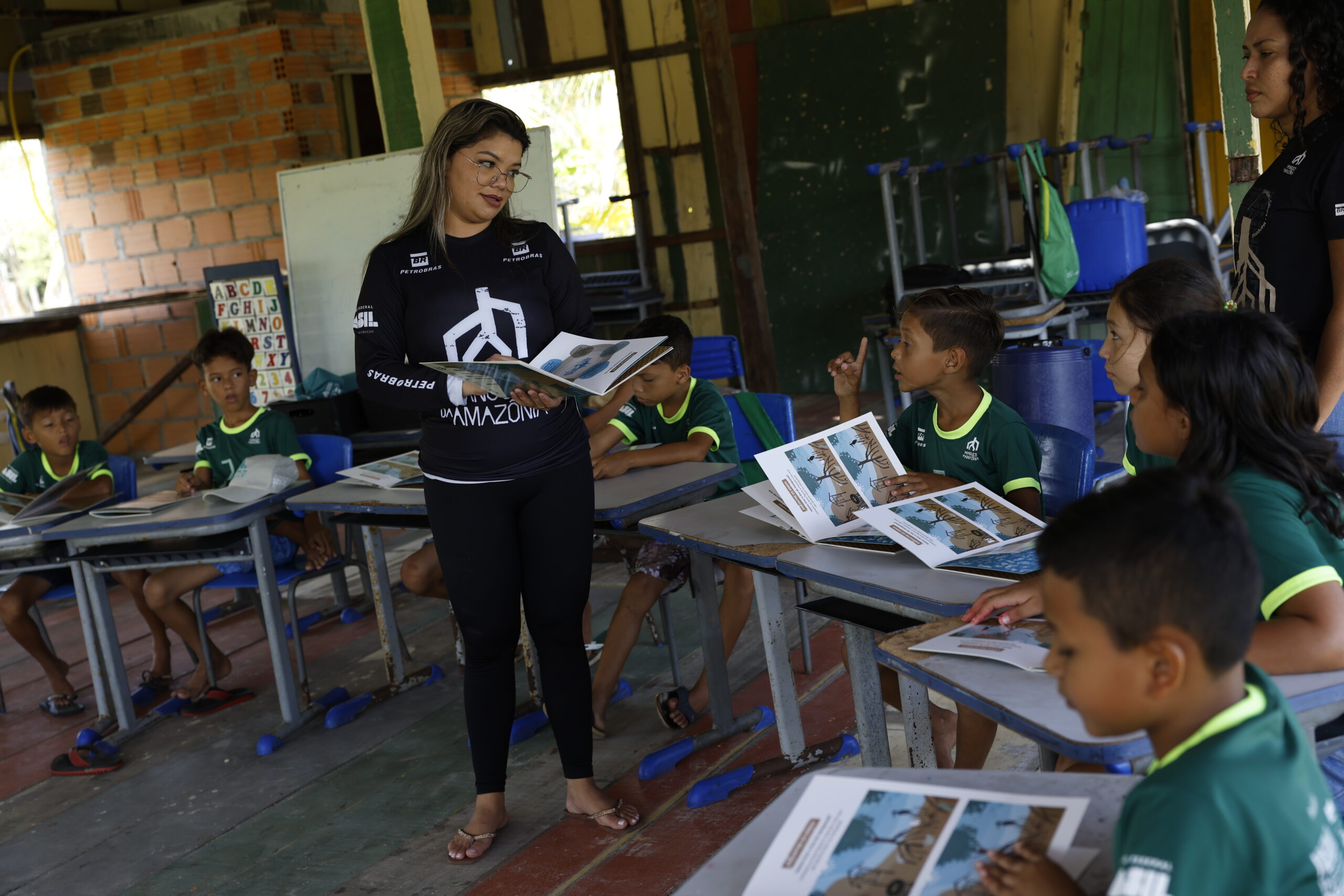Marília Zaluar Guimarães
Associate Professor, UFRJ
Founder, CpE Network
Researcher, IDOR
Marília Zaluar Guimarães
Associate Professor, UFRJ
Founder, CpE Network
Researcher, IDOR
SEPTEMBER/OCTOBER 2025 | N°. 3 | Book presents scientific evidence on the importance of investing in better conditions for children’s development in early childhood
The period up to six years of age, known as early childhood, is an intense and critical stage of human development, as it begins motor, cognitive, linguistic, and social learning. These may not seem like very significant learning experiences at first glance, but they will be the foundation for future learning: if they don’t occur fully, they hinder all other learning. Reinforcing this is one of the strengths of the recently released “Science of Early Childhood” (Edgard Blücher), a book that brings together studies by several experts on the topic, organized by economist Naercio Menezes Filho, professor at Insper, researcher at the Brazilian Center for Applied Research in Early Childhood, and associate researcher at the CpE Network. The publication is also crucial because it emphasizes the need for research on child development conducted in Brazil that takes into account our reality.
A significant focus is placed on the impact of poverty and inequality on this stage of child development. This is because no age group is more vulnerable to these adversities than very young children. Furthermore, families with young children make up a higher percentage of the poor or extremely poor population. Poverty is the “cause of all causes” and affects this development in countless ways: through food insecurity and malnutrition, exposure to violence and environmental risks, discrimination, and family stress.
The first chapter already provides evidence of the impact of growing up in a low-socioeconomic household on many future aspects, such as education, employment, salary, crime, and health. These challenges are more prevalent in Black and Indigenous families, and in the North and Northeast regions. Policies like the “Bolsa Família”, or Family Allowance, a social welfare program in Brazil, have positive effects, mitigating these impacts.
From a biological perspective, “environmental” situations also affect child development. For example, if a mother experiences malnutrition during pregnancy, that baby is more likely to develop metabolic syndrome in adulthood. Stress and violence experienced by the mother during pregnancy can also increase the child’s chances of becoming an adult with depression or other psychiatric disorders.
Behind these effects, which occur during pregnancy but are later revealed, lies epigenetics. Epigenetics deals with changes in the control of gene expression that are not caused by alterations in the genetic sequence. So, regarding the example in the previous paragraph, malnutrition during pregnancy causes epigenetic changes in the fetus that “program” the body to store fat, preparing it for the same adversity later. If this is no longer present, then the individual accumulates excessive fat.
Sleep and Cognition
Another important parameter highlighted in the book is sleep. Sleeping less than necessary, or more during the day than at night in early childhood, correlates with poorer performance on cognitive assessments later in childhood or adulthood. Other health issues, such as obesity, are also more common in children and adolescents who slept little in early childhood. The authors emphasize that caring for a child’s sleep should be given the same importance as nutrition to ensure full development.
Parental care, in turn, can significantly influence children’s intellectual development. From pregnancy to the end of early childhood, the type of parenting (permissive, absent, authoritarian, or authoritative) can significantly affect this development, including executive functions. These functions are among the structuring learning processes that will determine future learning, as they are related to self-regulation, impulse control, and maintaining attention to perform tasks, among other skills.
Other adversities also pose determining factors in child development. One of these is violence, which can be domestic, community violence (such as bullying), gender-based violence, and collective violence (armed conflicts and gender-based violence, for example). Following the parenting trend, domestic violence is mostly perpetrated by caregivers and can cause externalizing (aggression, for example) and internalizing (anxiety and depression) behavioral problems.
School and Public Policies
The book also addresses the benefits of attending preschool, considering, of course, that the quality of early childhood education is crucial for long-term outcomes. The processes used in early childhood education with the most positive impact are play-based learning, tailoring activities to the child’s developmental stage, individualization, and placing the child at the center of the learning process.
Throughout the book, there are mentions of Brazilian public policies that are fundamental to ensuring the development of our children. The authors discuss the importance of the Unified Health System (SUS) and several of its programs, such as vaccination. Regarding early childhood education, they point out that there are insufficient daycare centers to serve the entire population between 0 and 3 years old.
The publication correctly emphasizes that encouraging research on all these aspects in Brazil is essential. Advancing public measures and evaluating them, the book highlights, will allow for a more rapid change in the direction of educational policies for children. The content is valuable and can be accessed for free at this link.






